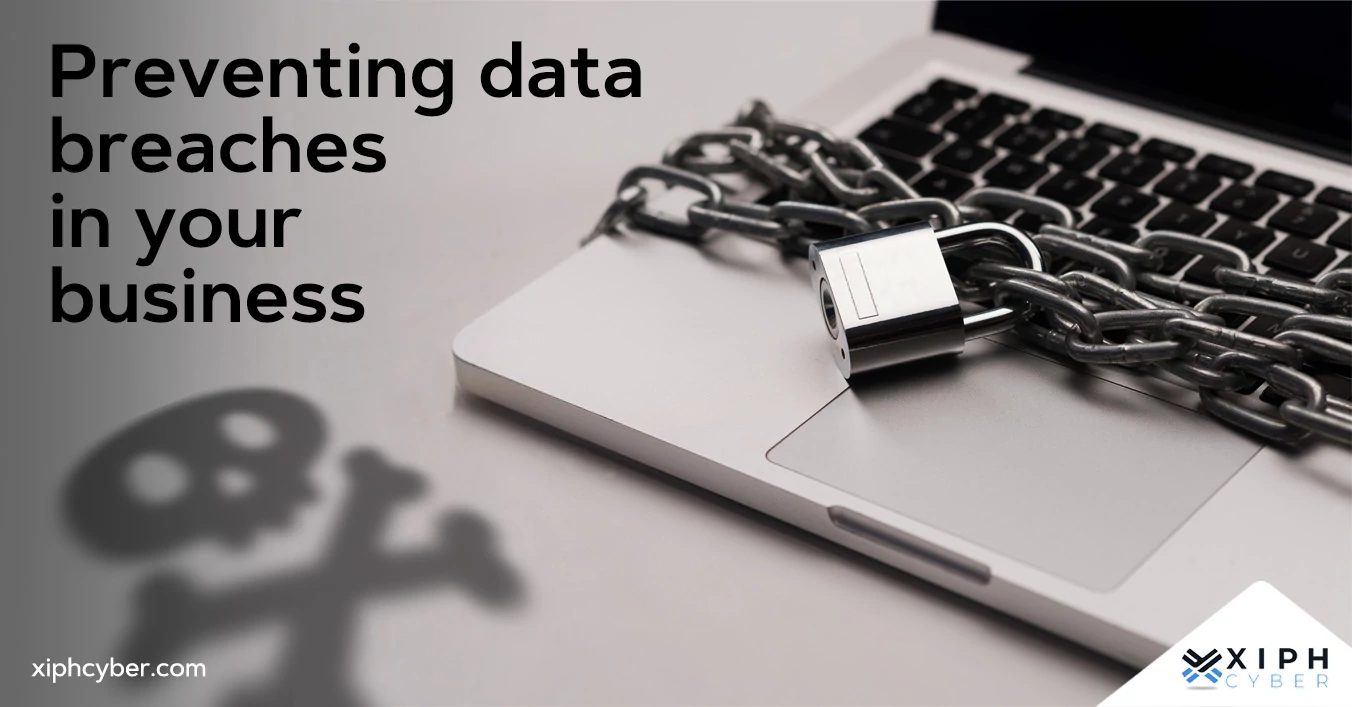Published Jul 09, 2022 by Xiph
Ever wondered exactly how Facebook gives you suggestions for products you like and people you may know? If you have a Facebook account—and even if you don't—the platform collects tons of data about you. The same goes for Instagram, Twitter, Google, and pretty much all other platforms and networks you interact with. We explain how and why below.
How much information do social media sites have about you?
Social media sites gather tons of information about their users and most people aren’t aware of just how much of their data is being tracked and saved by these big companies. A recent study by cloud storage firm pCloud found that Instagram was the worst offender when it comes to siphoning off your personal data. The photo-sharing app shares 79% of your data with third parties like advertisers, according to the study. This includes your browsing history, current location, contacts, and even financial information if you’ve purchased through the app. In second place was Facebook, which gives 57% of your data away to third parties. The social media giant was also one of the first companies to use facial recognition, although it has since removed this feature citing concerns about its misuse and potential risks of surveillance. Besides tracking your posts, likes, and shares, social media sites also collect a long list of data on their users, including:
- Personally identifiable information: your first and last name, age, and email address. This may also include any information you share about your job, employment/education history, relationship status, religious views, political views, health data, and your interests. This type of information is subject to special protections under the Privacy Act 1988.
- Location: where you live, the places you like to go, and the businesses and people you're near to. Your current location is also tracked (if you’ve got Location turned on) and this includes the location of a photo or the date a file was created.
- Texts and calls: this may include contacts in your address book, call logs, and your SMS log history.
- Your social interactions: what you post, content you consume, the people you interact with, accounts you follow, hashtags, Facebook groups you joined, and any pages you’re connected to and how you interact with them across all platforms.
- Device information: the name of your mobile operator or Internet Service Provider (ISP), language, time zone, mobile phone number, IP address, connection speed, and, in some cases, information about other devices that are nearby or on your network.
- Financial information: this includes your credit or debit card number and other card or payment information, as well as your billing, shipping, and contact details.
How do social media companies use your data?
Firstly, let’s clarify one point – Facebook and other social media sites don’t technically 'sell' your data to marketers, but they do use your data to sell access to you (or rather your customer persona) for targeted advertising. This is how Facebook explains it:
“We use the information we have (including your activity, such as the websites you visit and ads you see) to help advertisers and other partners measure the effectiveness and distribution of their ads and services, and understand the types of people who use their services and how people interact with their websites, apps, and services.”
All this information collected about you gets used to create customer personas based on your social interactions, including your behavioural data (i.e. how much time you spend online, sites you visit, what you read, watch and buy online, etc.), your preferences/interests (i.e. hobbies, pages you follow, etc.), and demographic data. Companies and third parties pay a lot of money to have access to that information to serve you targeted ads and make more money than they spend by getting access to you in the first place. This is data mining 101. Basically, social media sites end up knowing more about you than you know about yourself. They essentially have insights into your daily life, friends, and your interests. They use all this information to make a profit.
Technically you consent to this data being collected when you sign up for an account. However, there’s been plenty of instances where users’ data was collected without their permission with the Cambridge Analytica scandal being one of the most recent examples.
![]()
How do social media companies collect all this data?
Social media platforms like Facebook use tracking cookies to follow you around the web and track log your activity. They also employ browser fingerprinting, geofencing, and cross-site tracking to follow you anywhere on the web. Instagram uses AI to sort its feed to show posts that users tend to like or share. Big Data and AI technologies are then applied to derive analytical insights into user behaviours and access to this information will then be sold to businesses targeting a particular audience.
Can you stop social media sites from tracking you?
Unfortunately, the only way to really stop all these social media apps from gathering your data is to stop using them altogether, but if you’re not ready to stop stalking your ex or think you’ll be hit with a bad case of FOMO (fear of missing out), we’ve got a few tips.
The first caveat here is that you can’t really stop Facebook and other social media networks from tracking your every move on their platforms. Your location, pages you visit, the posts you like, and your social interactions are a gold mine for social media sites. It’s that very information they sell (or access to it rather) to advertisers and other commercial companies for a big payday. You can’t stop them from collecting this information about you because that’s how they make money and it’s the deal you make when you sign up. However, you can limit how much of that information can be used to serve you ads.
Visit your Ad Preferences and change your Ad Settings. If you don’t want Facebook to use information based on your online activity to show you ads, you can opt out from your settings. Just keep in mind that changing your ad preferences doesn’t reduce the number of ads you see, nor does it delete the data Facebook and other social networks have already collected about you. It just stops advertisers from specifically targeting you using your own data, but this means you’ll be served ads that may be irrelevant to your interests. You can also review who can see what you share via the Privacy Checkup settings. This will help you manage who can see certain information on your profile, like your phone number, email, birthday, and relationship status, as well as who can see your future and past posts. Be sure to also turn off most of the permissions for Facebook and Instagram that are not required for them to operate properly.
If you want Facebook and other social media sites to stop tracking other apps or websites you’re using, be sure to disable ‘Off-Facebook activity’. Though, Facebook will still be able to get some of your data as third-party apps or sites may share your data with Facebook as they use the company’s tools to track your usage.
How to hide your identity on social media
Here's the kicker − it’s virtually impossible to remain truly anonymous online. With that said, there are ways to disguise some of your identifying information. Start by using a virtual private network (VPN) to mask your location, device details, and online activity. A VPN can encrypt your traffic and data (through a private external server) and disguise your IP address, browser metadata, and personal details like banking information and passwords, your internet searches, and your geographical location. However, a VPN offers limited protection when using social media sites such as Facebook or Instagram as they’ll still be able to see what you post, like, the people you follow and interact with, and every bit of personal or financial information you give out on their platforms.
Another way to hide your identity on social media is to use a fake online profile using a false name (a pseudonym or an alias), a generic profile picture, and a fake email address you can get from a fake email generator. Many social media users already use fake accounts to protect their privacy, although some employ this tactic for unscrupulous goals and scams as well. Beware.
A final word
Social media sites know a lot more about you than you think and use your own data to serve you ads, which in turn makes big corporations like Facebook and Google tons of money. If you’re looking for ways to gain back some privacy on social media, contact us via email: enquiries@xiphcyber.com.
Posted in: Security


